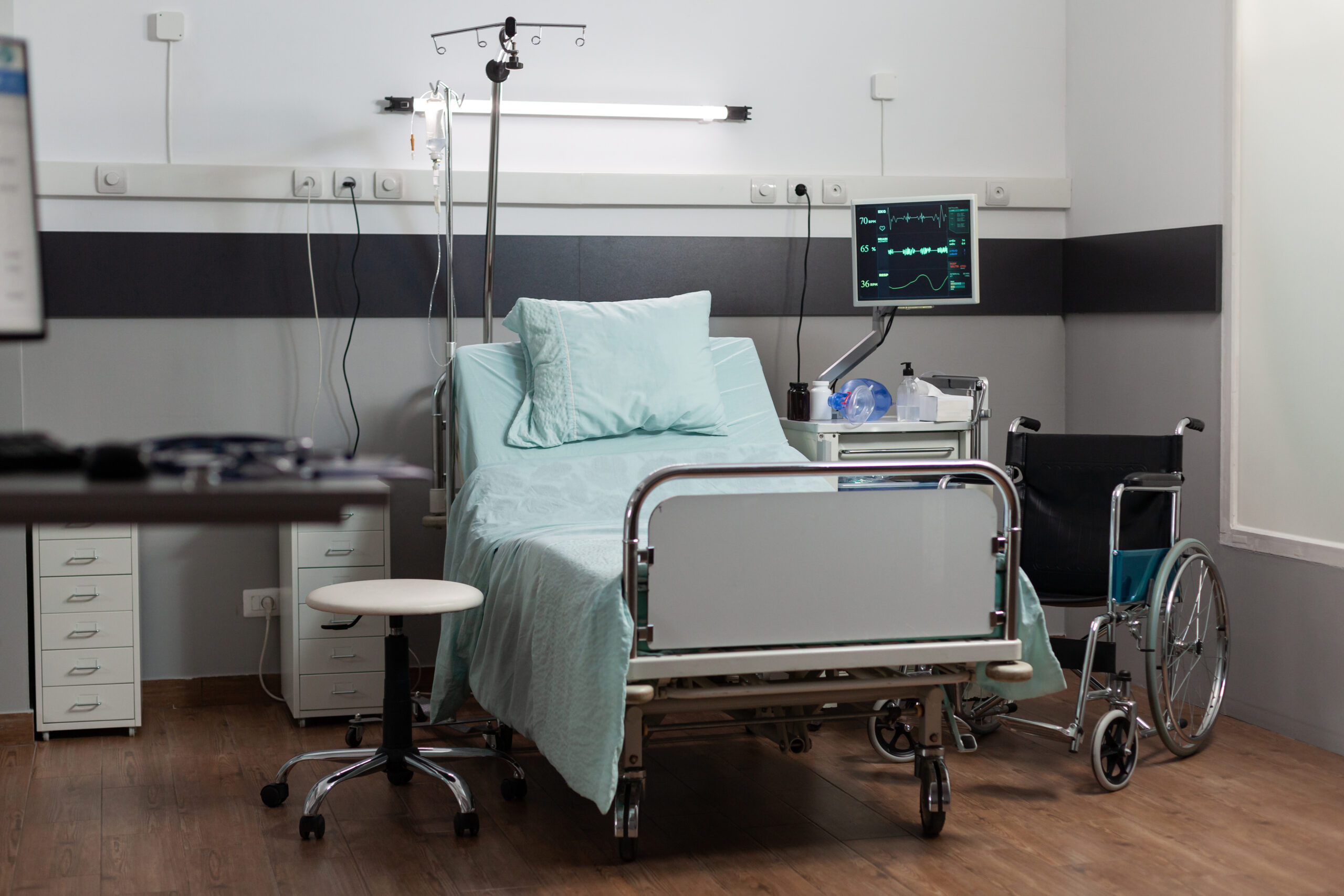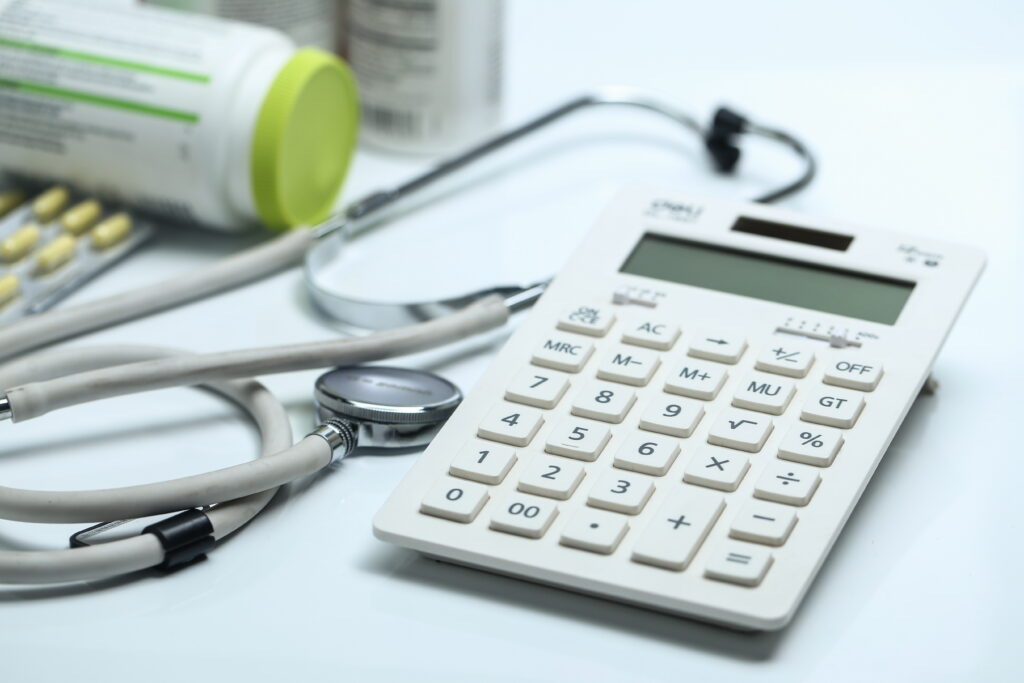
Does Health Insurance Cover Car Accident Injuries?
The last thing you want to think about after a car wreck is, “Does health insurance cover car accident injuries?” Fortunately, most health insurance policies do cover the cost of injury treatment, at least until a certain point. The amount of coverage will rely on several factors.
In most cases, health insurance coverage will pay for medical treatment related to car accident injuries once other forms of coverage—like an auto insurance policy—are exhausted. The actual types of coverage, including the cost of co-pays and deductibles, will rely on the policy itself.
If you’re one of the thousands of car accident victims who struggle to understand how medical bills will be paid after a crash, you’ve come to the right place. Learn more about how health and auto insurance companies pay for accident injury claims.
Does Auto Insurance or Health Insurance Pay First?
The auto insurance company’s responsibility is to pay for medical care first if you’ve been injured in a car accident. This is why in the state of West Virginia, as well as most other U.S. states, all vehicle owners are required to carry basic auto insurance coverage.
According to the West Virginia Offices of the Insurance Commissioner, all motorists must have:
- Bodily Injury Liability Coverage: $25,000 per person and $50,000 per accident
- Property Damage Liability Coverage: $25,000 per accident
- Uninsured Motorist (UM) Coverage: $25,000 per person and $50,000 per accident
West Virginia is an at-fault or tort state, which means the individual who caused the crash must use their auto insurance coverage to pay for the injured driver’s damages. Once the insurance company decides who was responsible for the collision, the at-fault driver’s policy must cover the other driver’s medical bills.
Medical bills can only be paid up to the at-fault driver’s policy limits. If the at-fault driver only carried the minimum bodily injury coverage of $25,000, and your injuries required $50,000 worth of treatment, you will be left responsible for the remaining expenses. Fortunately, this is where your health or auto insurance coverage can kick in to cover costs.

How Health Insurance Works After a Car Accident
Generally, health insurance companies only have financial responsibility for car accident injury treatment if all other forms of coverage, like auto insurance, have been exhausted or are unavailable. In the state of West Virginia, drivers can choose to add Medical Payments coverage to their auto insurance policy for an additional layer of car accident injury treatment protection.
Medical Payment or MedPay is an optional auto insurance coverage that can help pay for hospital and doctor visits after a crash. MedPay works similarly to Personal Injury Protection (PIP) in that it will cover your medical bills regardless of who was at fault for the accident. West Virginia law does not require MedPay coverage ; however, it can help if the at-fault driver has minimal injury coverage.
If you do not have MedPay coverage in your auto insurance policy, you may use your health insurance for any remaining medical bills. Your health insurance will follow the same protocol for a primary doctor’s visit. It will still require you to pay your typical deductible or copay for car accident injury treatment.
More significant expenses, like ambulance fees, often do not require immediate payment from car accident victims. Hospitals may treat you on a lien basis, which means they will provide the necessary treatment and request reimbursement from the insurance company after. Some hospitals may request repayment only once you’ve received compensation from the at-fault party’s insurance.
What Kinds of Health Insurance Cover Car Accident Injuries?
Most health insurance companies have coverage limitations for car accident injuries, and many consider car accident injury treatment a secondary coverage. In other words, the health insurance carrier will not cover medical expenses until both the at-fault driver’s insurance company and the accident victim’s car insurance policy have paid for treatment.
Despite the requirement of exhausting other insurance coverage options before health insurance begins to cover expenses, there are some circumstances when health insurance plans will pay for car accident injuries. If you receive health insurance benefits through Medicaid or Medicare, this coverage will pay for accident injury treatment. Medicaid and Medicare recipients do not need to pay copays or deductibles for care, but they must report the accident to their carrier for benefits.
Do You Use Health Insurance or MedPay/PIP After an Accident?
After an accident, you typically use MedPay or PIP coverage first. In a fault state like West Virginia or Ohio, medical expenses will go through the at-fault driver’s auto insurance, then MedPay coverage, then health insurance. The order of payment will look a bit different in no-fault states, like Michigan or New Jersey.
A no-fault state means that car accident victims must seek payment for medical treatment, rehabilitation, surgeries, and other costs through their own auto insurance policy, regardless of who was at fault. In this case, medical expenses will go through the accident victim’s PIP coverage before reaching the health insurance company.
Do You Still Pay Even if You Have Health Insurance?
Yes, you will still need to pay a certain amount for auto accident injuries, even if you have health insurance. The amount will rely on the specifics of your health insurance policy like deductibles and copays for medical treatment. You may also be responsible for other out-of-pocket costs, like over-the-counter medication.
Not Basic health insurance may not cover all medical costs. Some alternative or additional treatments, like physical therapy, are not covered by all health insurance carriers. The victims who are most affected by coverage limitations are those who suffer severe injuries, like spinal damage or paralysis. In these cases, legal action may be necessary to help an accident victim receive the proper compensation for all medical care.
Next Steps After a Car Accident
If you’ve been injured by another driver’s negligence, you deserve compensation for your auto accident injuries. Accident victims should never need to worry, “Does health insurance cover car accident injuries?” Instead, they should hire a personal injury lawyer to ensure the party responsible for their injuries pays for necessary medical treatment.
In West Virginia, the insurance company of an at-fault driver is responsible for medical expenses. A personal injury lawyer will negotiate with the insurance company and provide evidence that proves the other driver is liable for your injury. They will help you recover out-of-pocket costs, ranging from deductibles to the cost of over-the-counter medication and travel to doctor’s visits.
You do not need to handle these next steps alone. If you or someone you love has been injured in a car accident, and you don’t have MedPay or PIP insurance, seek legal help with an attorney you can trust. Miley Legal Group is one of the most respected teams of personal injury attorneys in West Virginia, with a successful track record in insurance settlement negotiations and jury trials.
Reach out today for a free consultation. One of our attorneys will be in touch shortly to help you understand who’s responsible for your medical care after an accident and how to navigate auto and health insurance coverage. We look forward to hearing from you.

